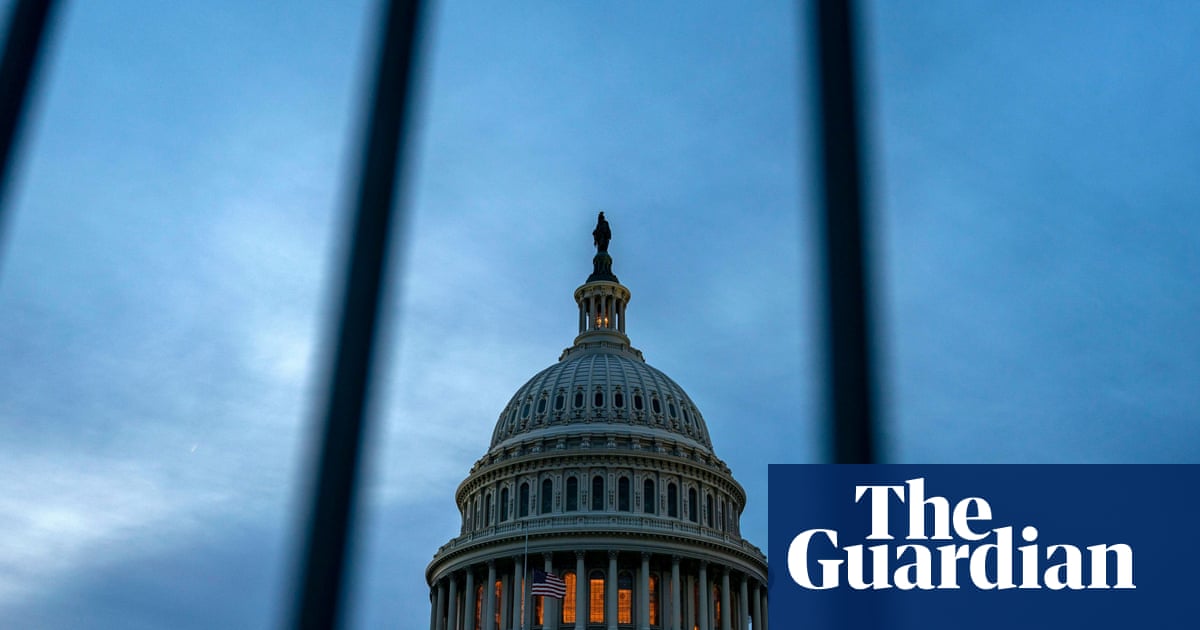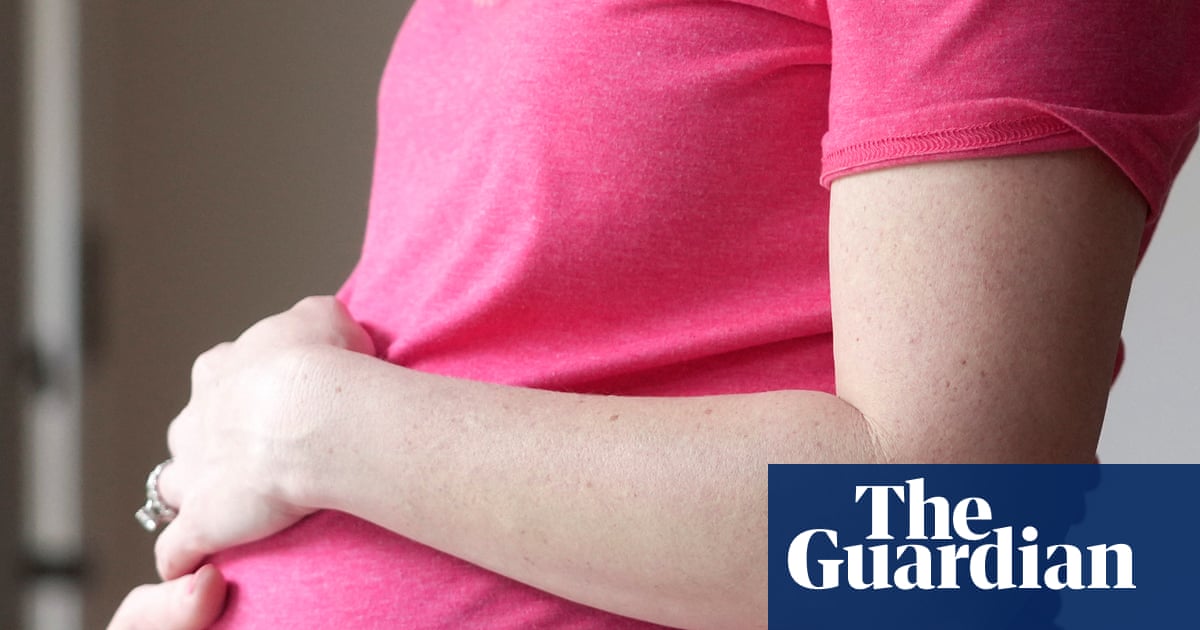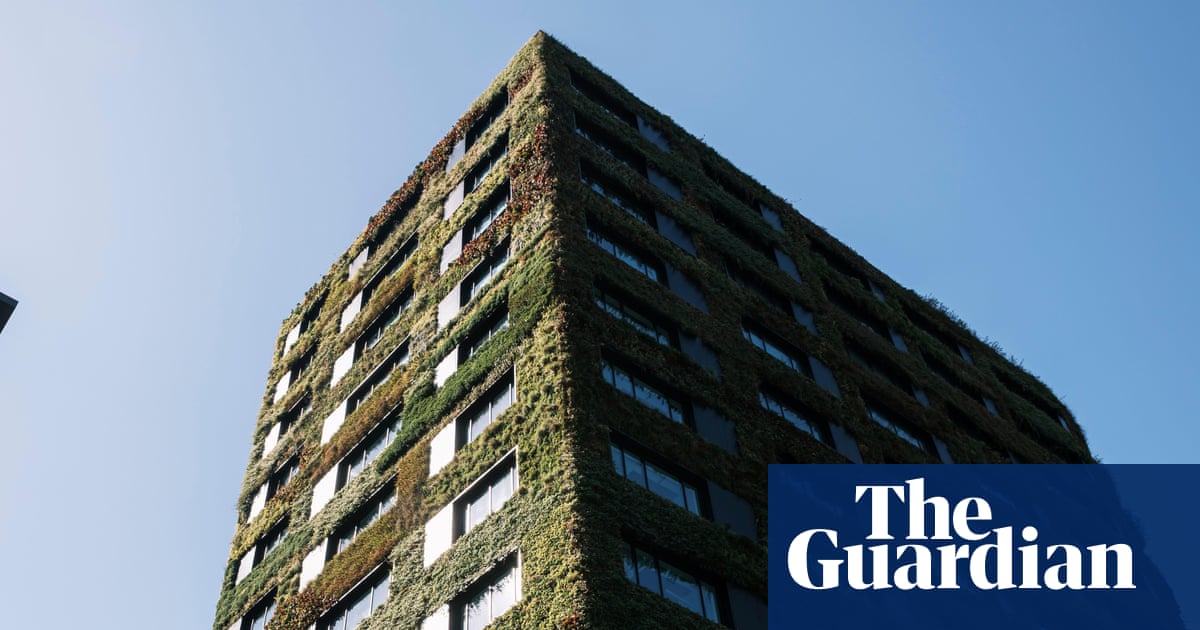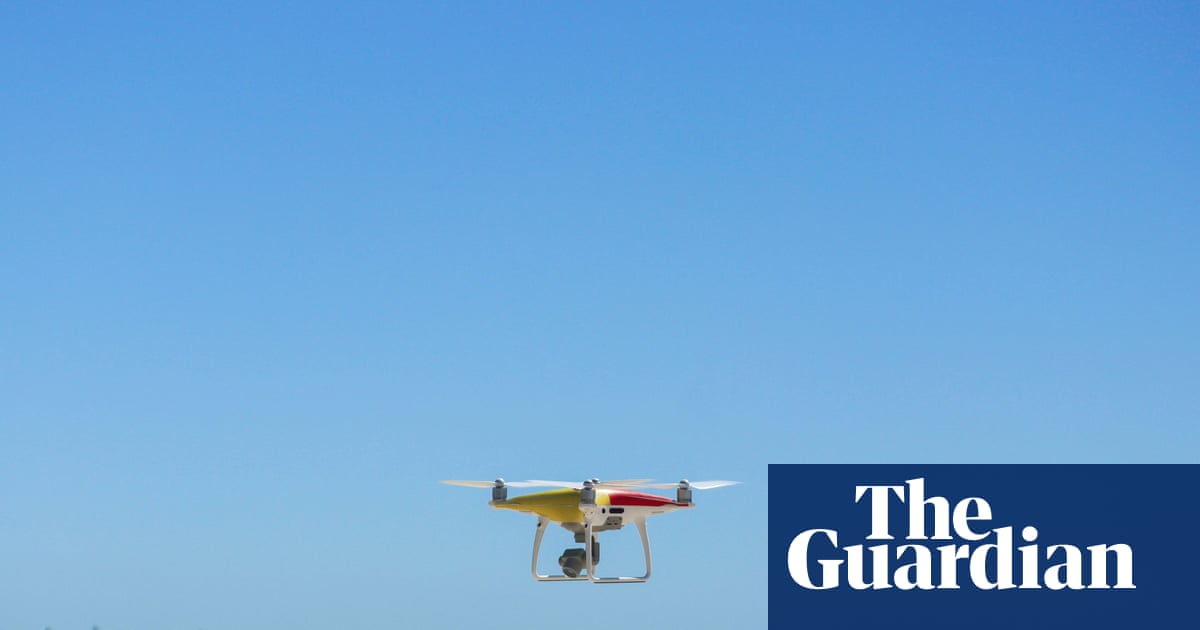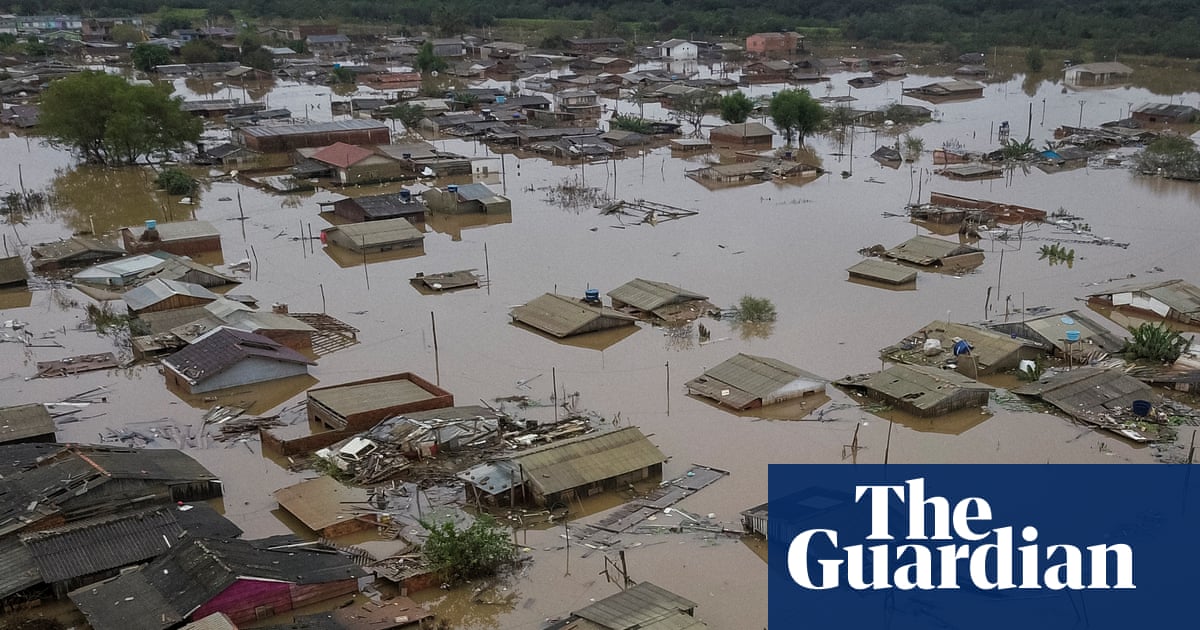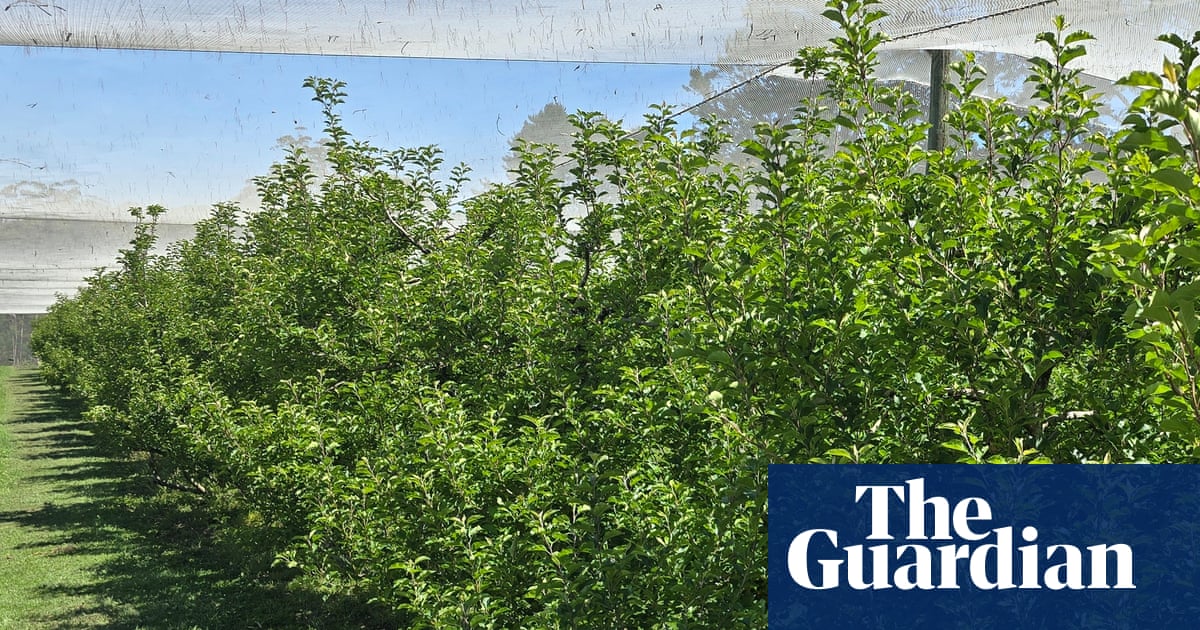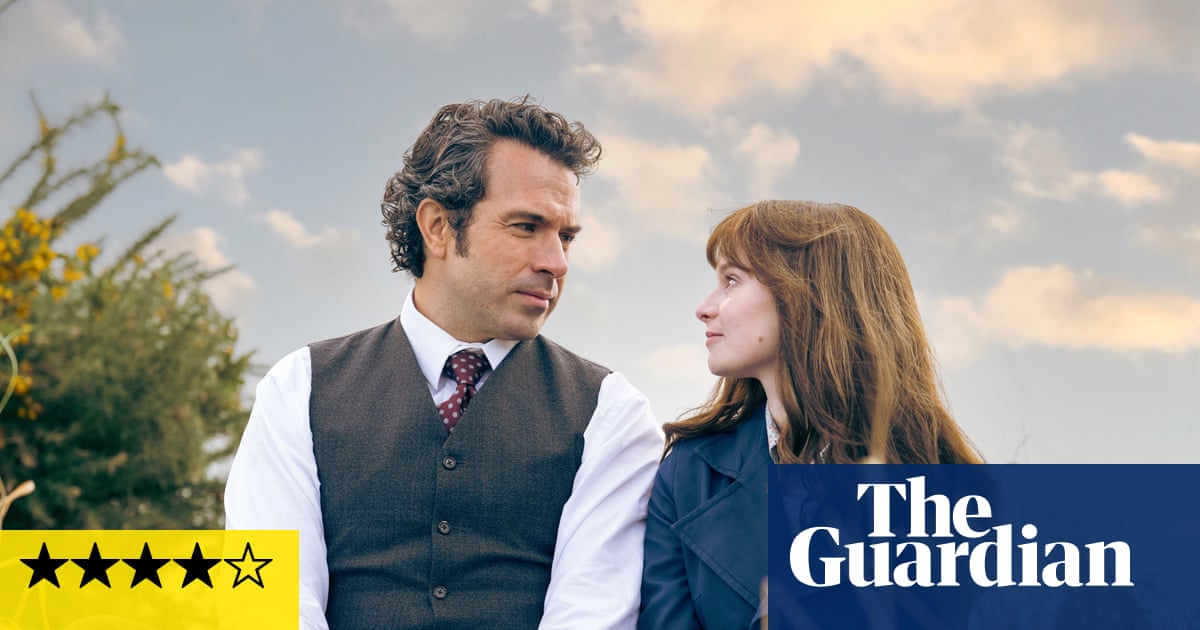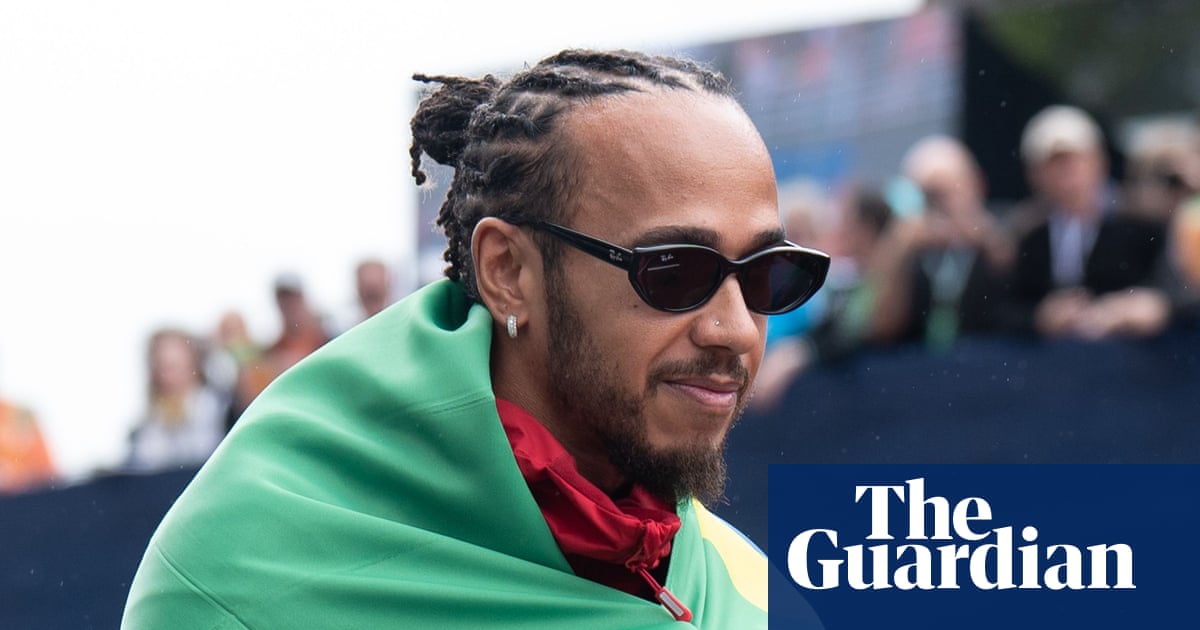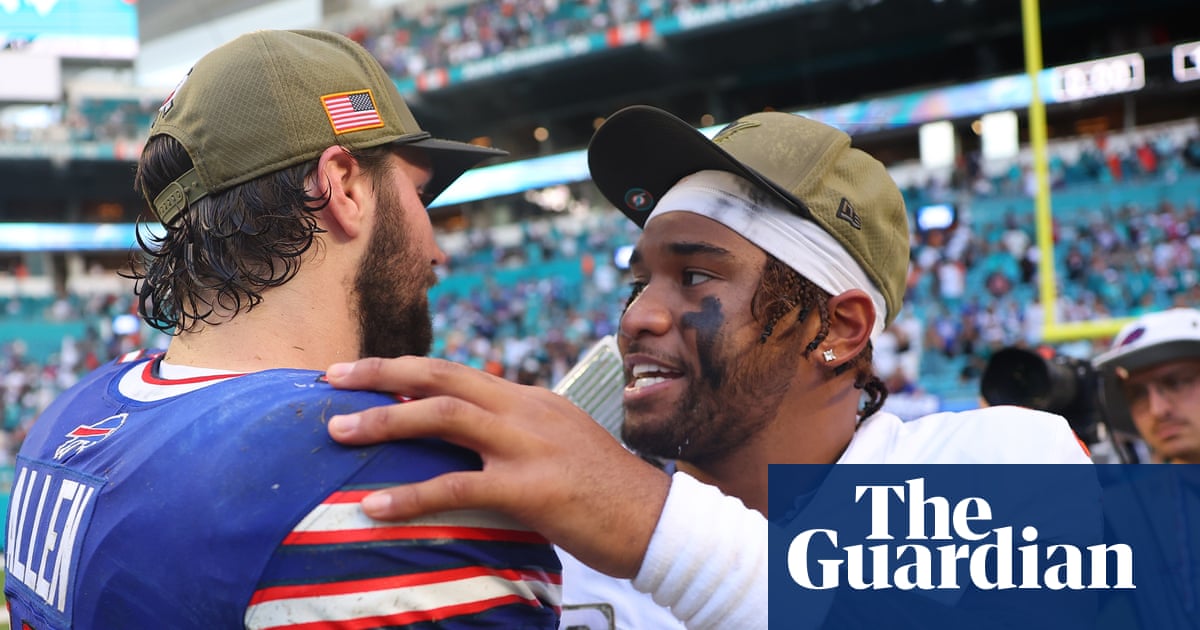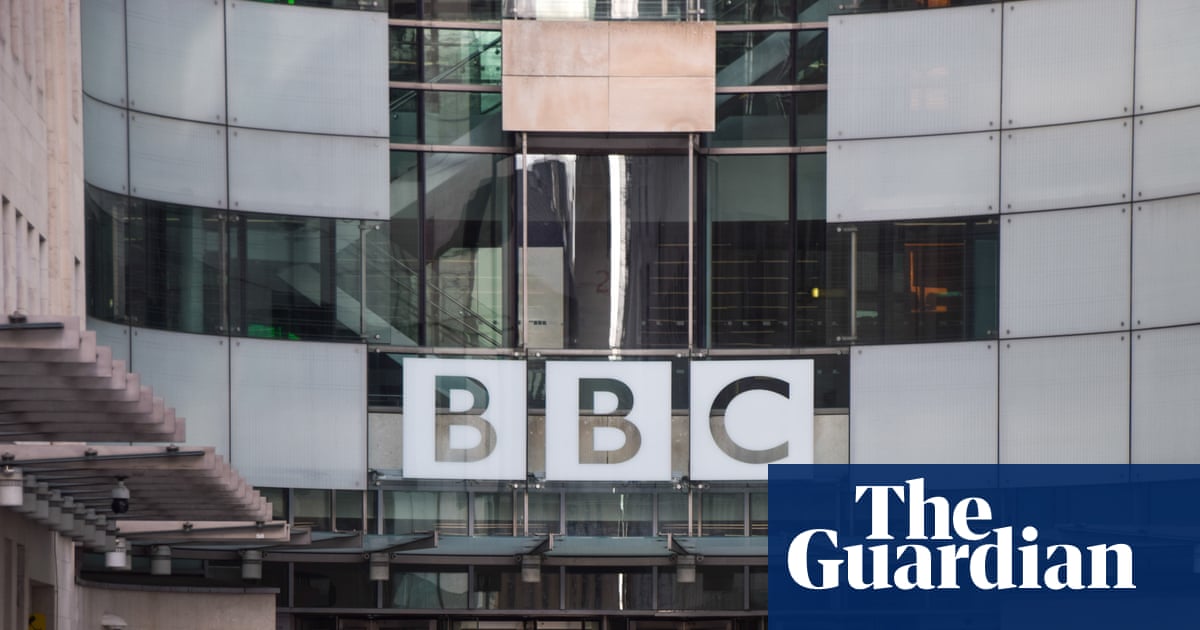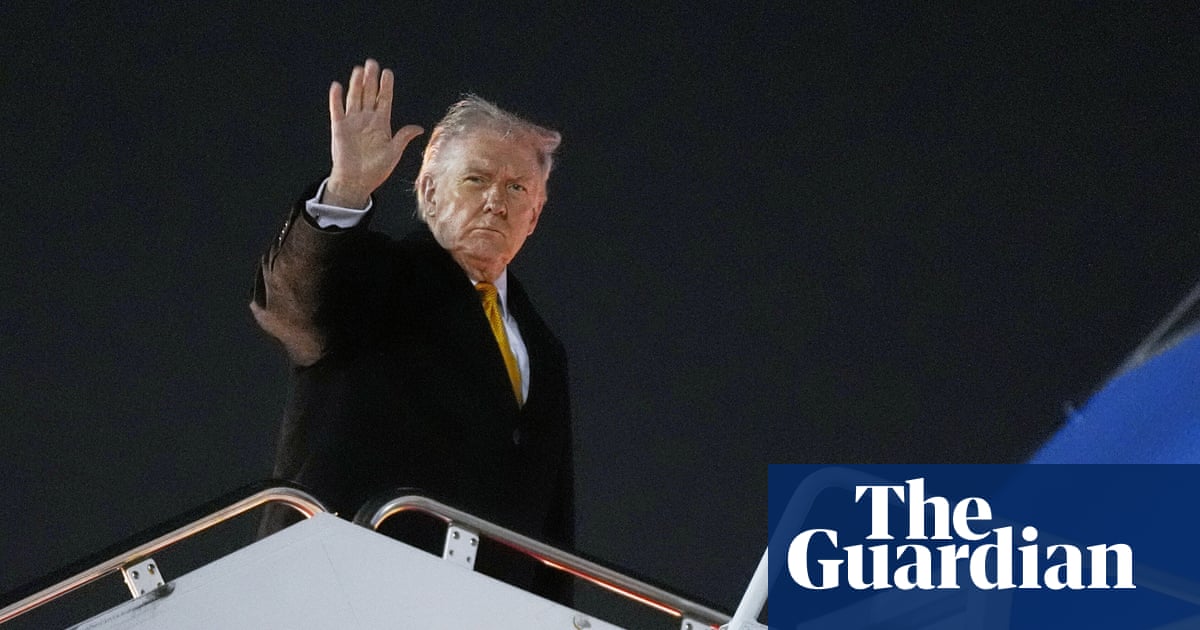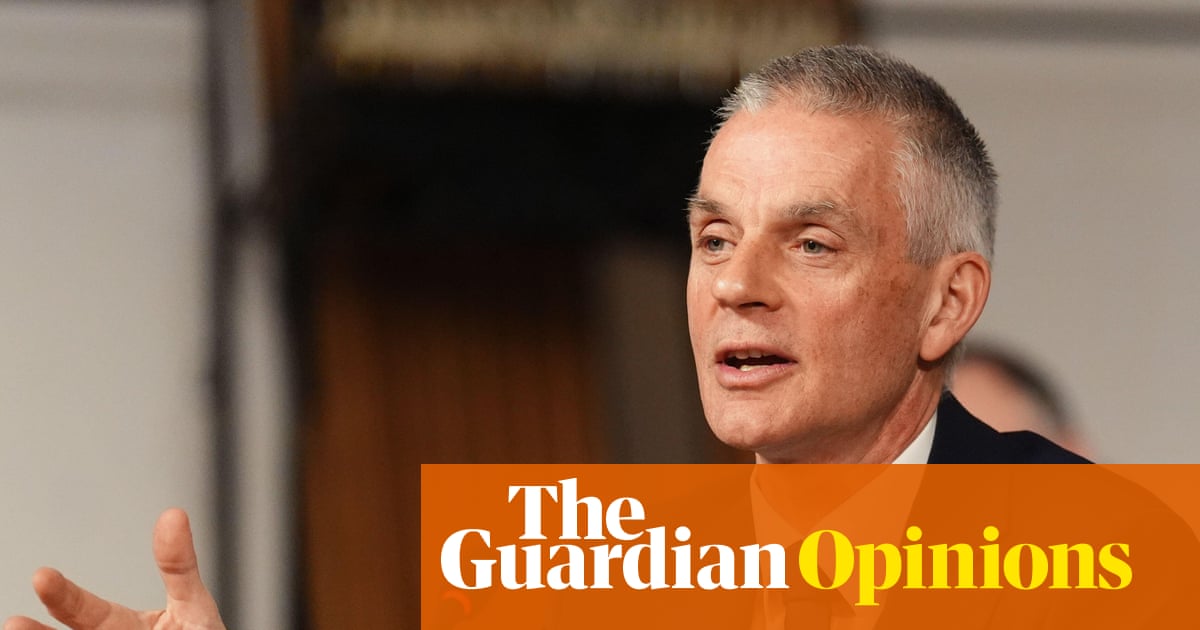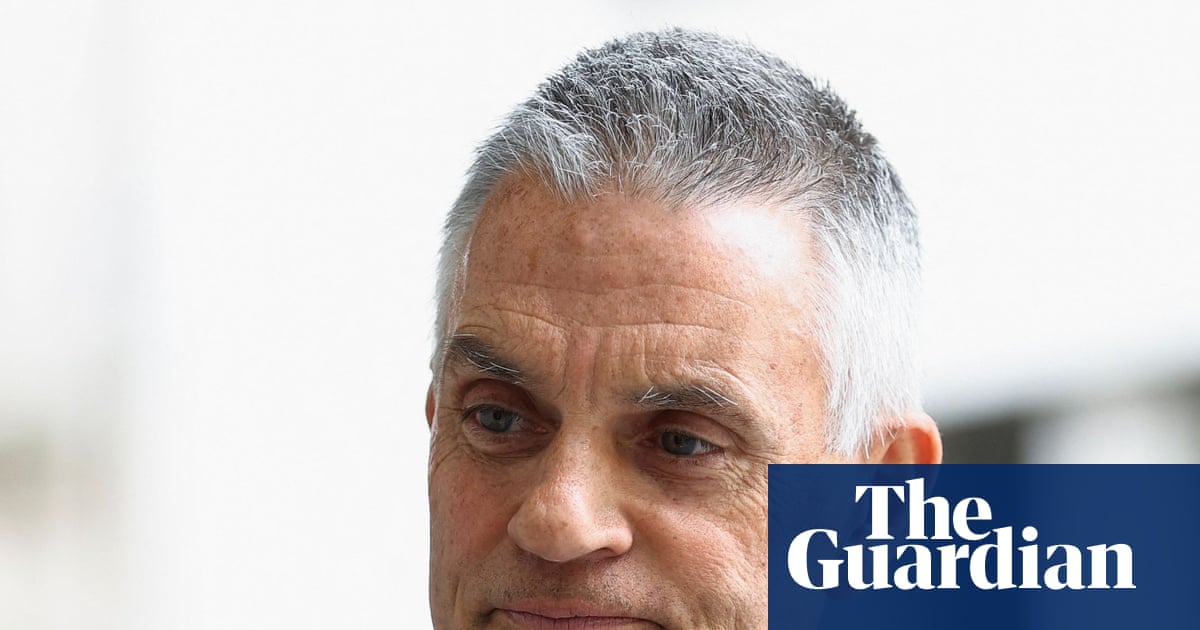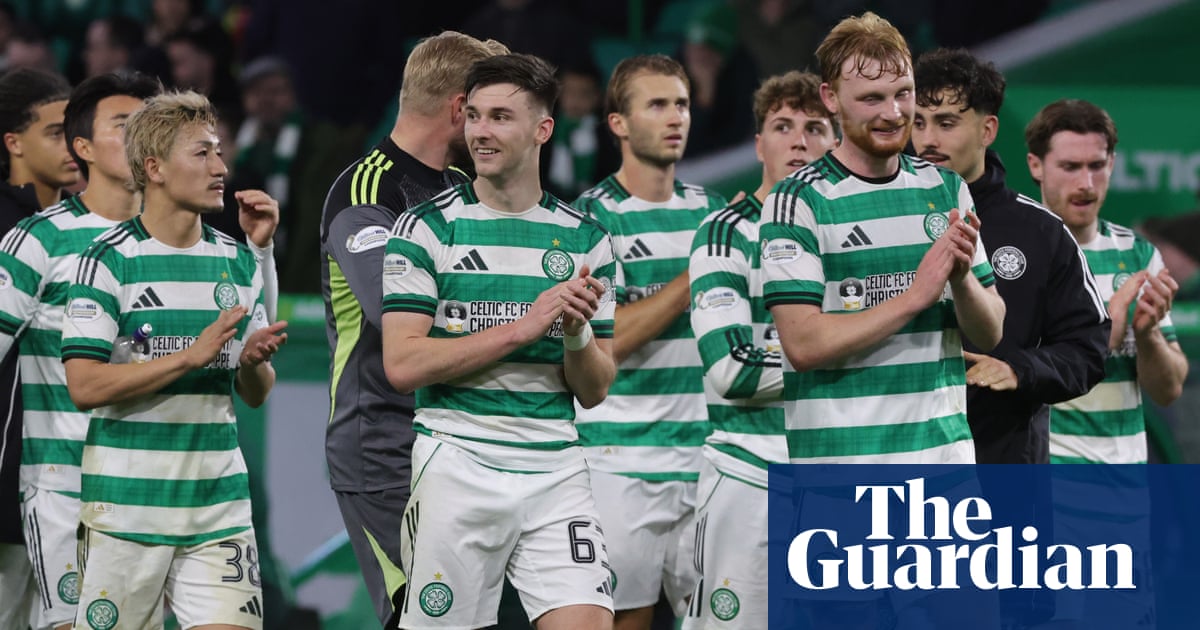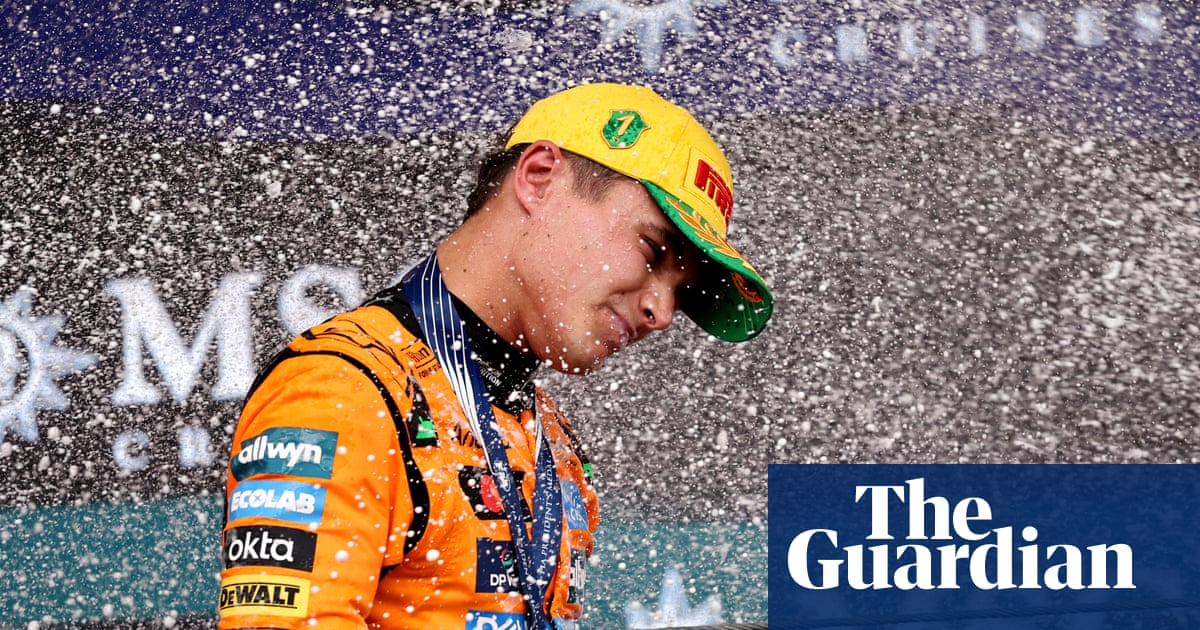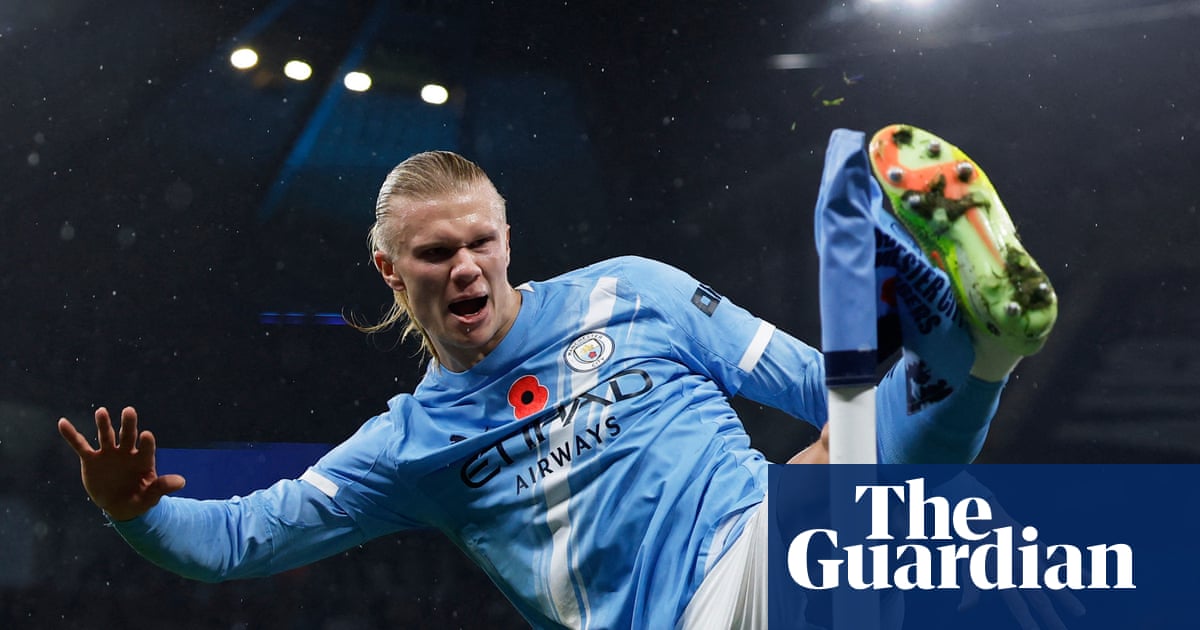Donald Trump has said he believes Vladimir Putin is ready to make a deal on the war in Ukraine as the two leaders prepare for their summit in Alaska on Friday, but his suggestion the Russian leader and Volodymyr Zelenskyy would “divvy things up” may alarm some in Kyiv.
The US president implied there was a 75% chance of the Alaska meeting succeeding, and that the threat of economic sanctions may have made Putin more willing to seek an end to the war.
He also said a second meeting – at present not confirmed - between himself, Putin and Zelenskyy would be the more decisive.
“The second meeting is going to be very, very important, because that’s going to be a meeting where they make a deal. And I don’t want to use the word ‘divvy’ things up, but you know, to a certain extent, it’s not a bad term, okay?” Trump told Fox News Radio.
He was referring to the possibility that Zelenskyy will have to accept “land swaps” – in practice the handing over of Ukrainian territory to Russia, potentially including some not captured by Moscow.
Trump conceded he was unsure whether an immediate ceasefire could be achieved, but expressed interest in brokering a peace agreement. Speaking of Putin, he said: “He’s, he really, I believe now, he’s convinced that he’s going to make a deal, he’s going to make a deal. I think he’s going to, and we’re going to find out.”
Zelenskyy will face a difficult choice if Putin rejects Ukraine’s call for a full 30-day ceasefire and offers only a partial break in the fighting, particularly if Trump thinks a three-way meeting should still go ahead.
The Ukrainian president spent much of Thursday in London discussing the outcome of Wednesday’s video call between European leaders and Trump with the UK prime minister, Keir Starmer. European leaders were largely relieved with the way the conversation went, but know Trump is unpredictable and prone to acting on instinct, rather than sticking to a prearranged script.
The US secretary of state, Marco Rubio, said changes on the battlefield may make peace harder. “To achieve a peace, I think we all recognise that there’ll have to be some conversation about security guarantees,” he said.
Trump has rejected such guarantees from the US before, but it is possible European security guarantees could be agreed.
Rubio said he believed Trump had spoken by phone to Putin four times and “felt it was important to now speak to him in person and look him in the eye and figure out what was possible and what isn’t”.
Starmer and Zelenskyy met in Downing Street for a private breakfast on Thursday and hailed “a visible chance for peace” as long as Putin proved he was serious about ending the war.
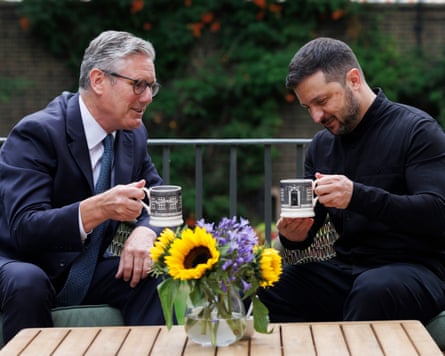
European leaders emerged from Wednesday’s video meeting reassured that Trump was going into his summit focused on extracting Putin’s commitment to a durable ceasefire and was not seeking to negotiate over Ukraine’s head.
The plan that Trump and Putin will hold a joint press conference after their talks suggests the White House is optimistic the summit will bring about a breakthrough. Moscow is determined that the summit should not just focus on Ukraine but also agree steps to restart US-Russian economic cooperation.
In a brief summary of the Downing Street meeting, British officials said Zelenskyy and Starmer expressed some cautious optimism about a truce “as long as Putin takes action to prove he is serious” about peace.
In a separate statement, Zelenskyy said there had been discussions about the security guarantees required to make any deal “truly durable if the United States succeeds in pressing Russia to stop the killing”.
Trump has said he will quickly seek to hold a second, trilateral summit involving himself, Putin and Zelenskyy if Putin agrees to this format in their bilateral in Alaska. Any such meeting would be a concession by Putin since he refuses to recognise Zelenskyy as a legitimate leader of Ukraine, but Zelenskyy needs to be ready in case in the next few days he suddenly finds himself in a negotiating room with Trump and Putin.
On Wednesday Starmer co-chaired a virtual meeting of the “coalition of the willing” – a European-led effort to send a peacekeeping force to Ukraine to enforce any deal – where he said there was a “viable” chance of a truce.
On Thursday the prime minister gave Zelenskyy a bear hug in the street outside the door to No 10 in a symbol of continuing British solidarity with the Ukrainian cause. Similar public displays of solidarity followed the disastrous February meeting between Trump and Zelenskyy, when the two leaders quarrelled in front of the cameras in the White House.
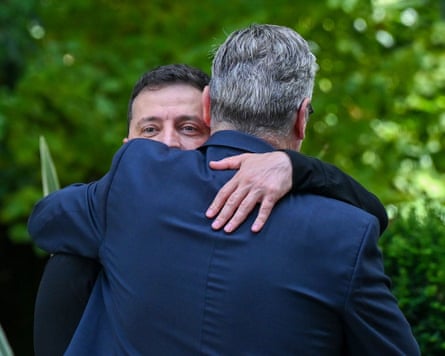
Further sanctions could be imposed on Russia should the Kremlin fail to engage, and Starmer said the UK was already working on its next package of measures targeting Moscow.
Trust in Trump’s reliability is low among European leaders but they emerged relieved from the video call with the US president, sensing that he understood it was not his right to start negotiating “land swaps” or details of a final peace settlement with Putin in Alaska.
Trump appeared to agree his primary task was to test out whether Putin was willing to agree a ceasefire, and on what conditions. Putin has to balance risking damaging his relationship with Trump, his best path out of the war, and trying to crush Ukraine’s independence from Russia.
Trump has frequently said he will know if he can achieve peace in Ukraine only by meeting Putin personally. He sets great faith in his personal relationship with the Russian leader, but in remarks after his video meeting with the European leaders he played down expectations of what he could do to persuade Putin to relent. At the same time he warned there would be “very severe consequences” for Russia if Putin did not agree to a ceasefire, a veiled threat to increase US sanctions on Russian oil exports.
He has so far held off from imposing such economic pressure on Russia, but by the end of the month the US is due to impose additional tariffs on Indian imports into the US as a punishment for India continuing to buy Russian oil.
The UK would like to see the US consider other, more targeted sanctions, either on the so-called shadow fleet of Russian oil tankers or on refineries that use Russian oil. But Moscow briefed that the Alaska summit, far from leading to extra economic pressure on the Russian economy, would instead include discussion and agreements on new US-Russian economic cooperation, a step that would relieve the pressure on Russian state finances.
Some European leaders took heart from the detailed grasp of the issues shown on the call by the US vice-president, JD Vance, and by hints that Trump could be willing to contribute US assets to a European-led security guarantee for Ukraine in the event of a peace agreement.
The Alaska summit, due to start at 11.30am local time (2030 BST) will include a one-to-one meeting between Trump and Putin, with interpreters, before broadening into a wider meeting.
The Russian delegation will include the foreign minister, Sergei Lavrov; the defence minister, Andrei Belousov; the finance minister, Anton Siluanov; and the head of the Russian sovereign wealth fund, Kirill Dmitriev; and Putin’s foreign policy adviser Yuri Ushakov.

 2 months ago
63
2 months ago
63
